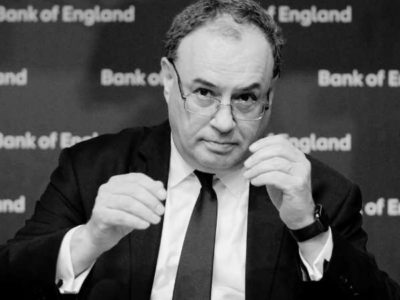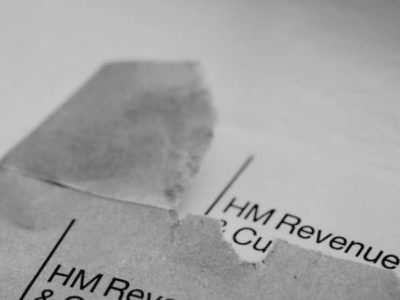An unsettled feeling has descended on indices after the Bank of England failed to rule out further rate hikes and investors turn jittery again about deposit flight from the US regional banking sector.
The FTSE 100 retreated during afternoon trade, though regained a little ground later in the session, after a chill emanated from the Bank’s warning that inflation will take longer to come down than expected, while a lower open on Wall Street froze confidence out further.
Investors are now zeroing in on troubles at PacWest, after the lender said deposits fell by almost 10% last week and was forced to pledge more assets to the Fed in return for increasing its borrowing capacity.
With yet another regional bank taking emergency action in response to fleeing customers, worries about the fragility of the regional banking sector show little sign of abating.
The game of whack a mole has resumed – with fresh problems popping up as soon as regulators and larger lenders find solutions to others.
Consumers in key markets have having to make difficult choices about where to spend dwindling incomes and concerns about what else could lie ahead prompted shares to slide, helping to drag down the S&P 500.
Oil prices have retreated again, with Brent crude nudging back to around $75, as worries persist about falling demand.
Energy and mining companies were among the biggest fallers on the FTSE 100 as investors assess the impact of a slowing global economy on appetite for commodities.
A fresh rate hike from the Bank of England and worries that it may not be the last have been weighing on house building stocks in afternoon trade.
There had been signs that house price wobbles were stabilising, but with expectations that the Bank could be forced to push rates up to around 5%, this would dampen down enthusiasm for expensive new house purchases.
As more and more people reach the end of mortgage deals, and are forced to remortgage at higher rates, this has the potential to dent any newfound optimism in the market.
After rising immediately after the rate hike, the pound has once again retreated below $1.26.
While the Bank of England is forecasting the UK may avoid a recession, the economy still looks like its stagnating and tomorrow’s GDP snapshot will give a sharper reading.
Although sterling has strengthened significantly since the disastrous days of the Truss administration last September, it remains very weak compared to the level it traded at before the vote for Brexit.
This intensifies the inflationary headache for the Bank of England as it makes the cost of imported goods more expensive, fuelling scorching consumer prices.
























Comments